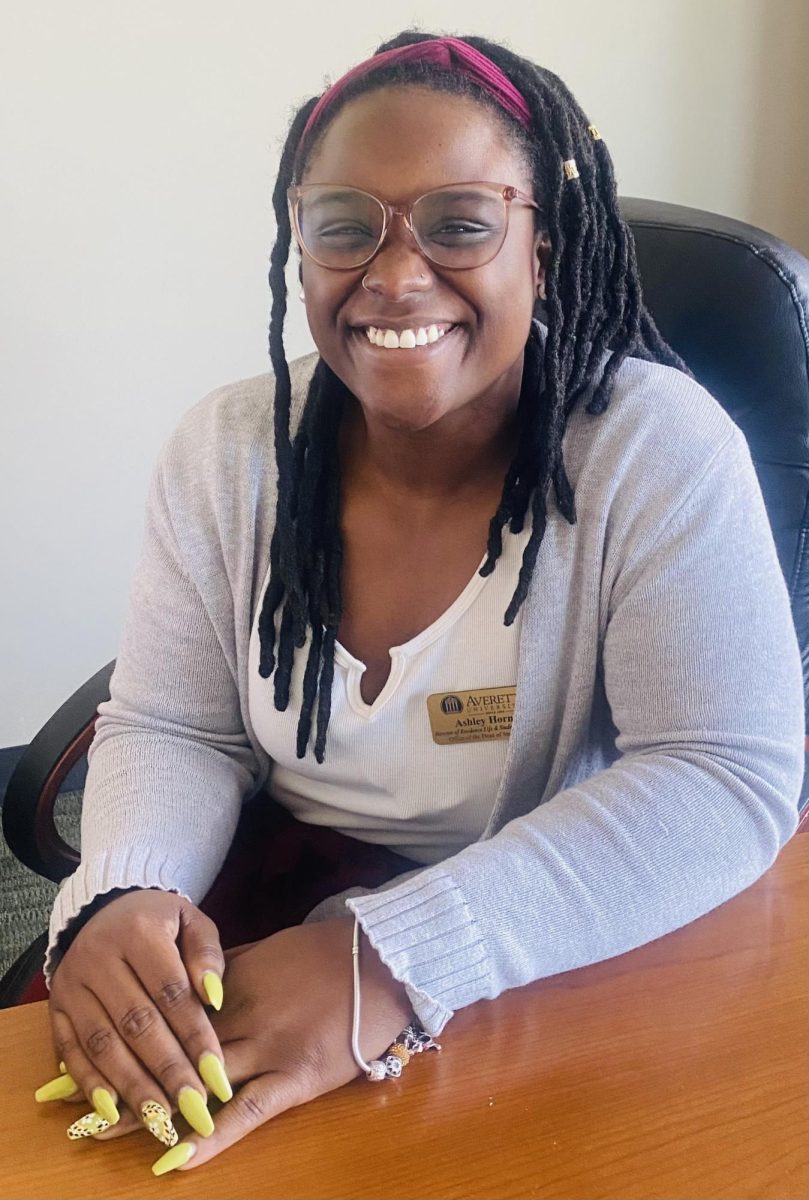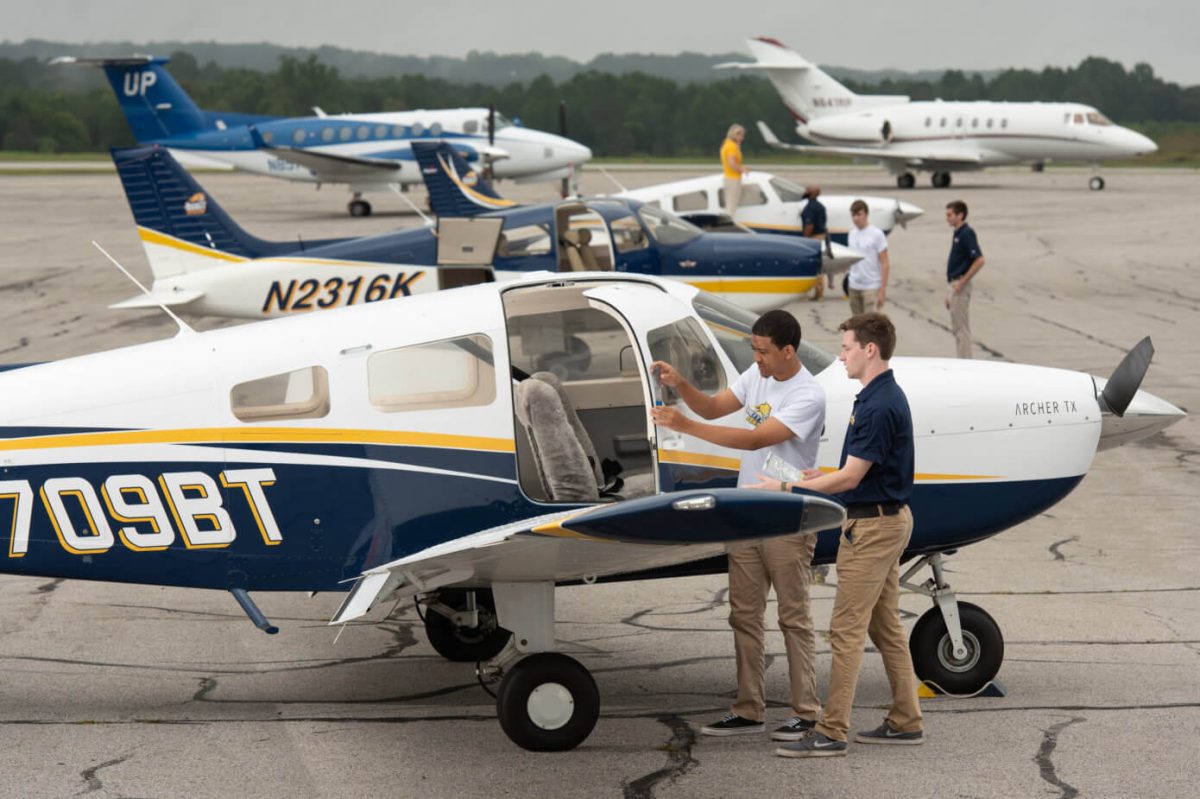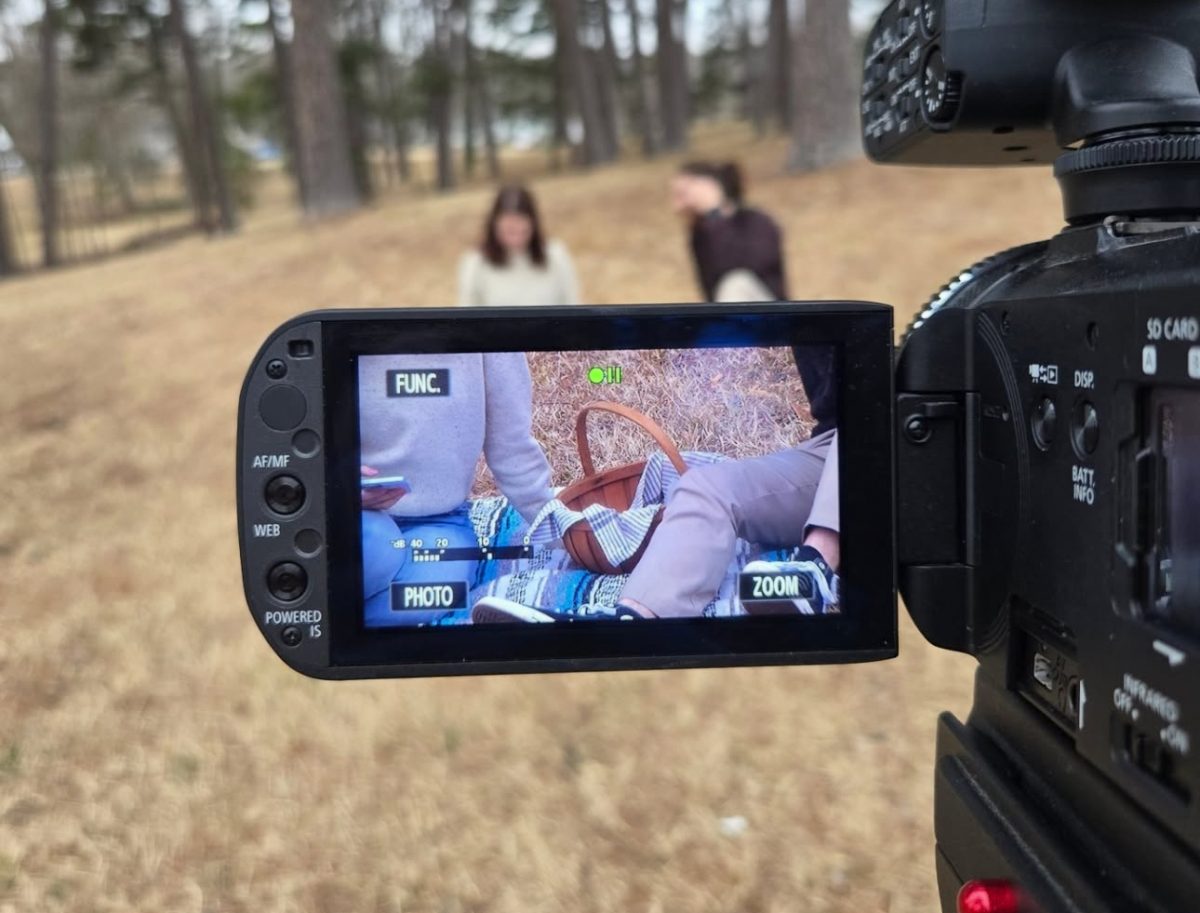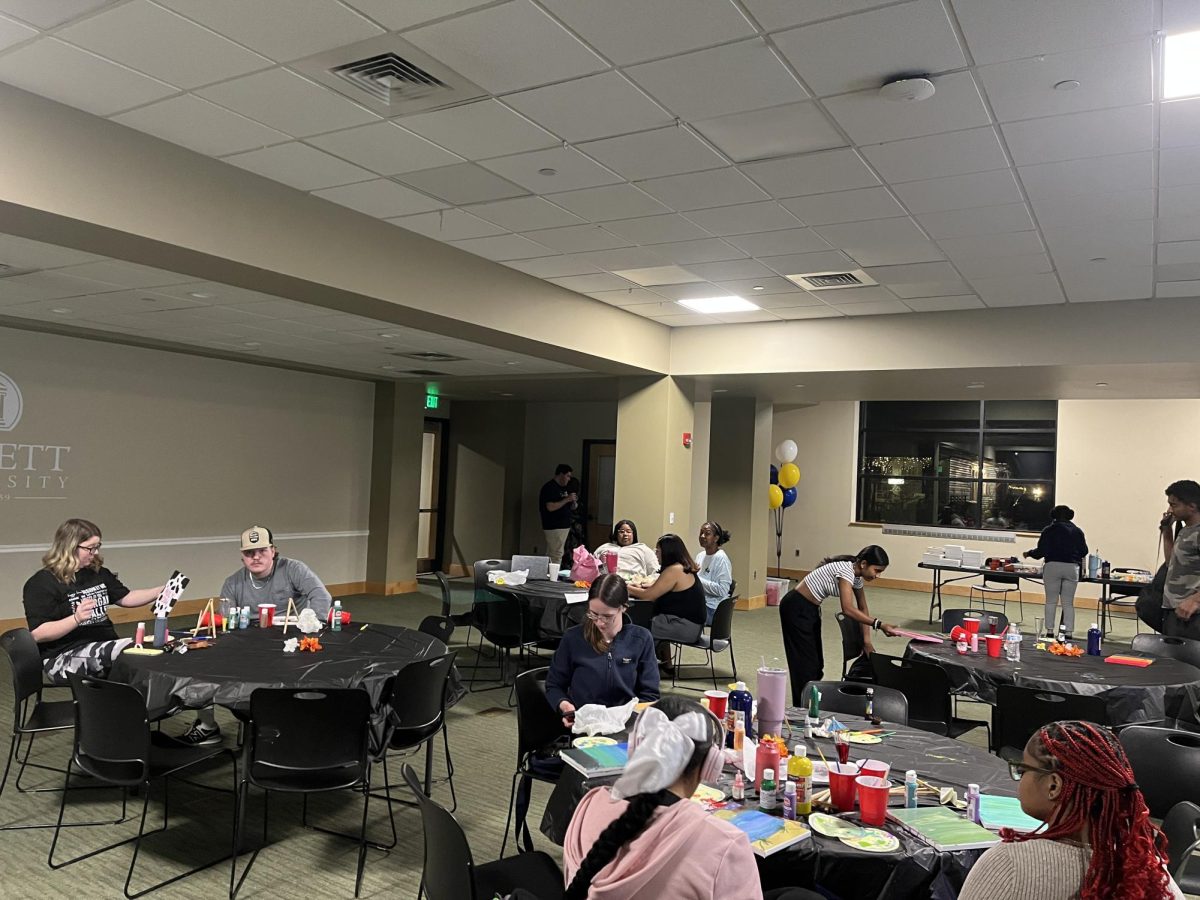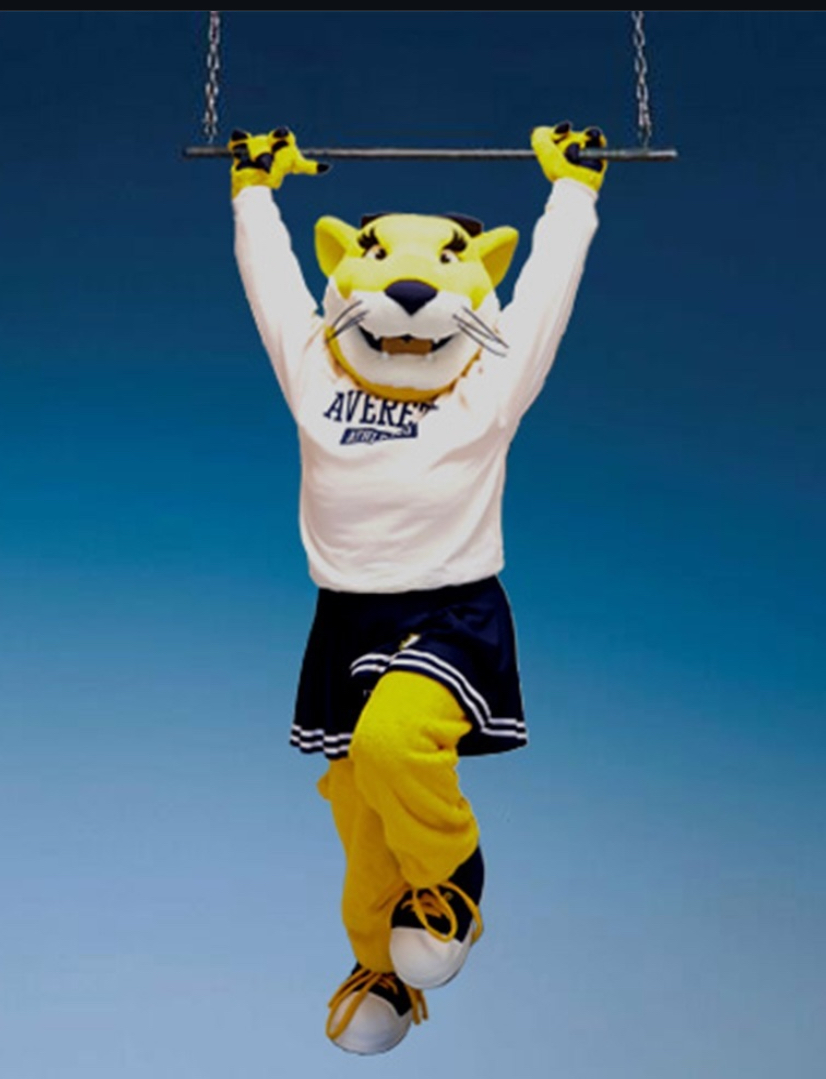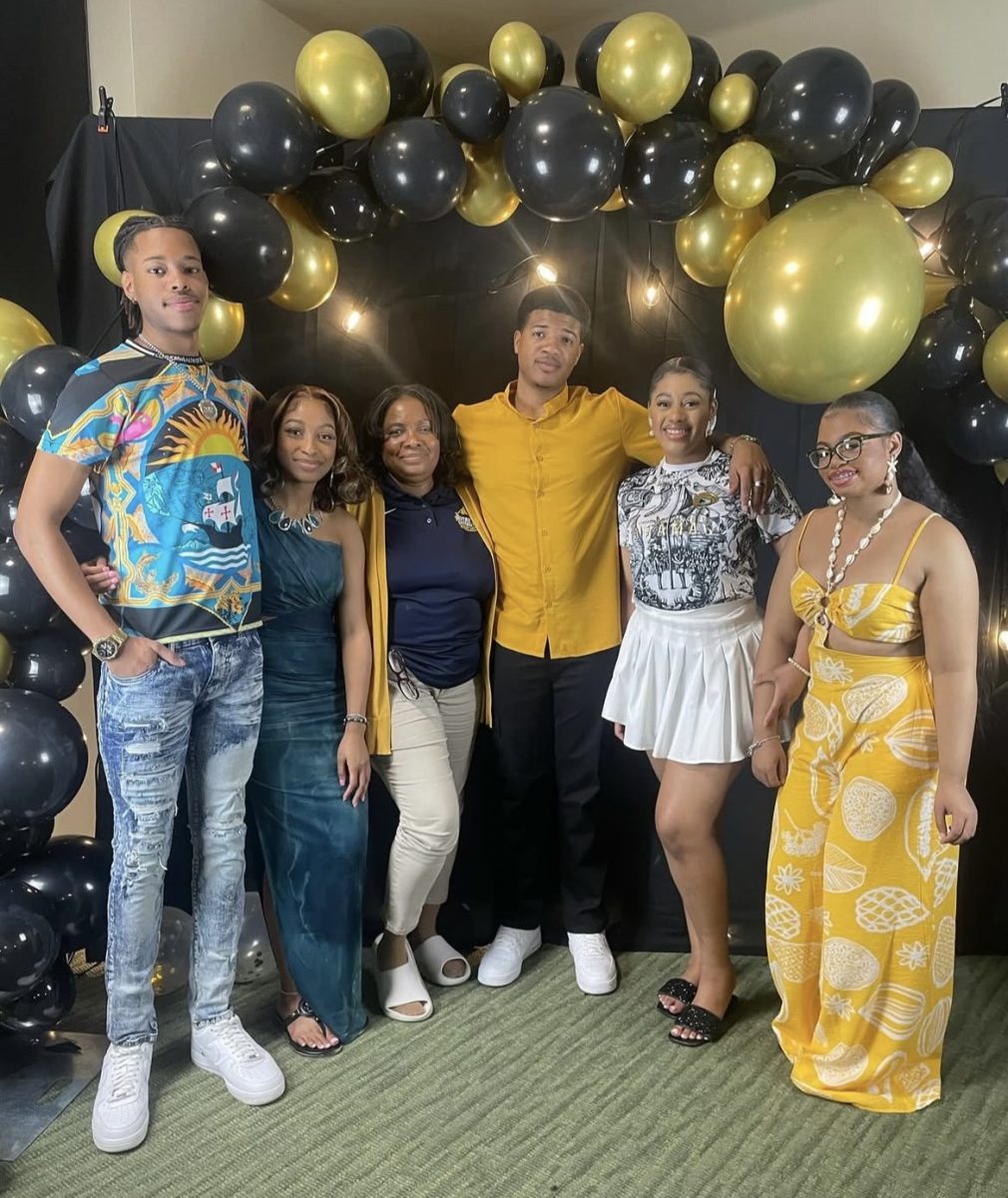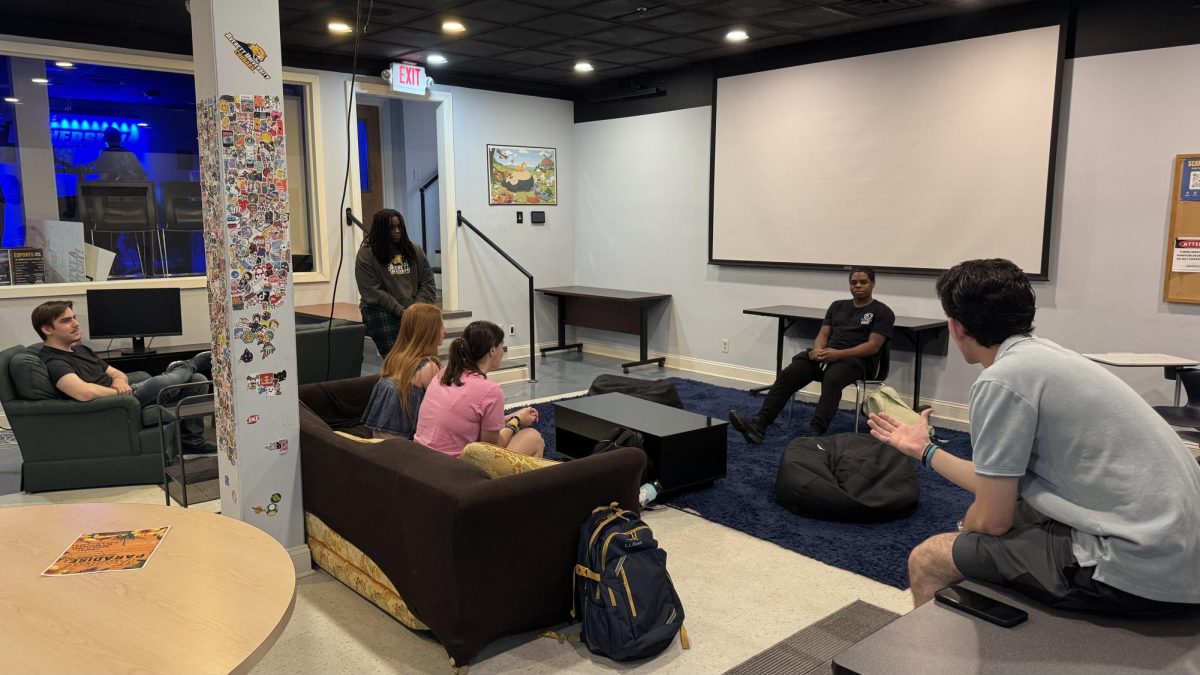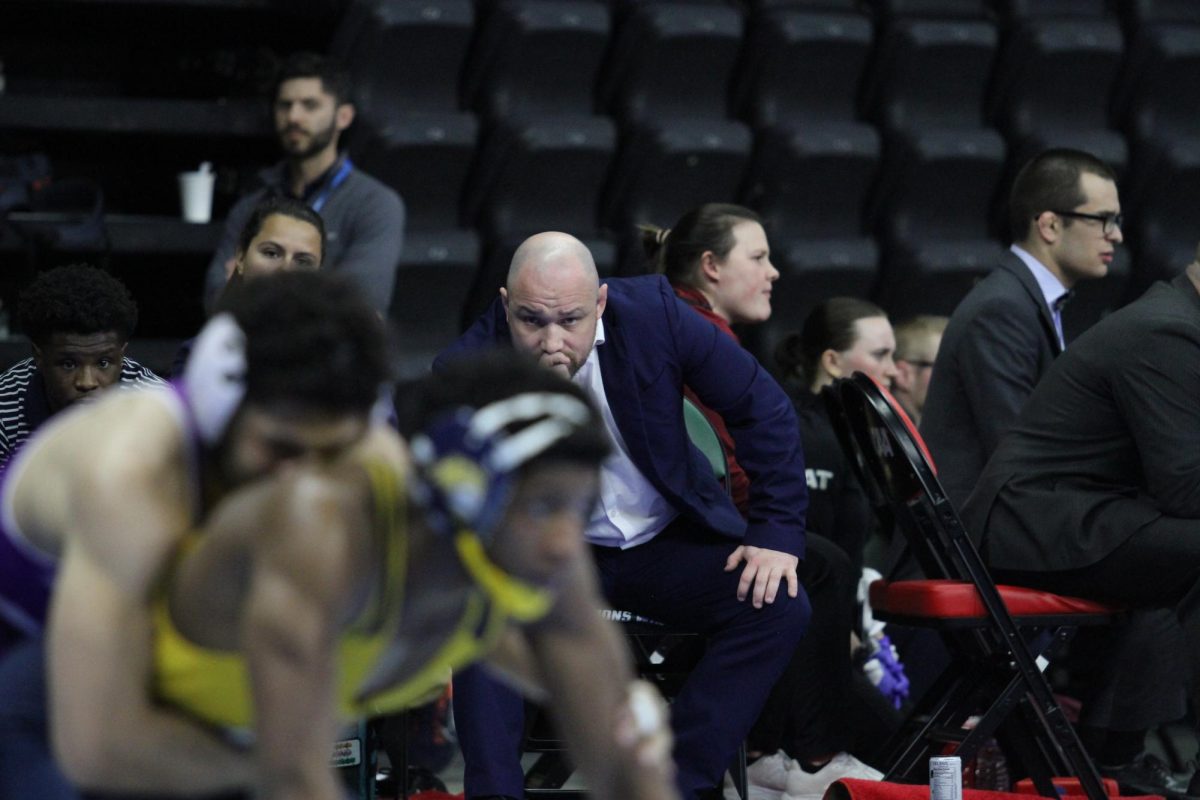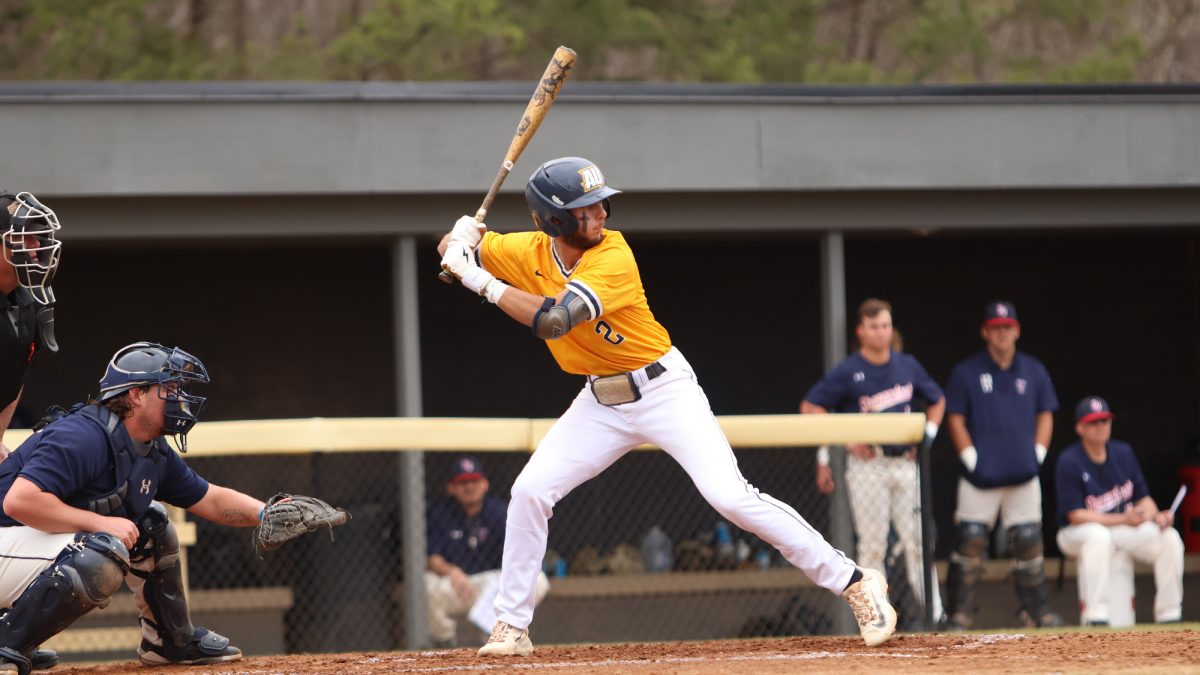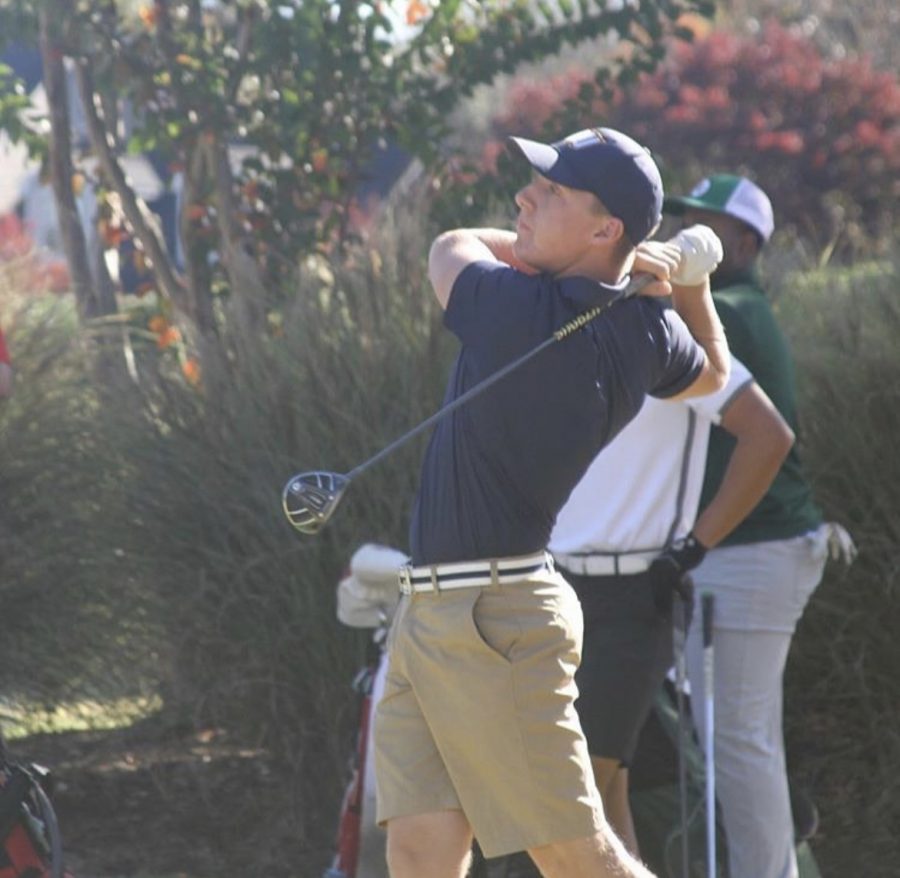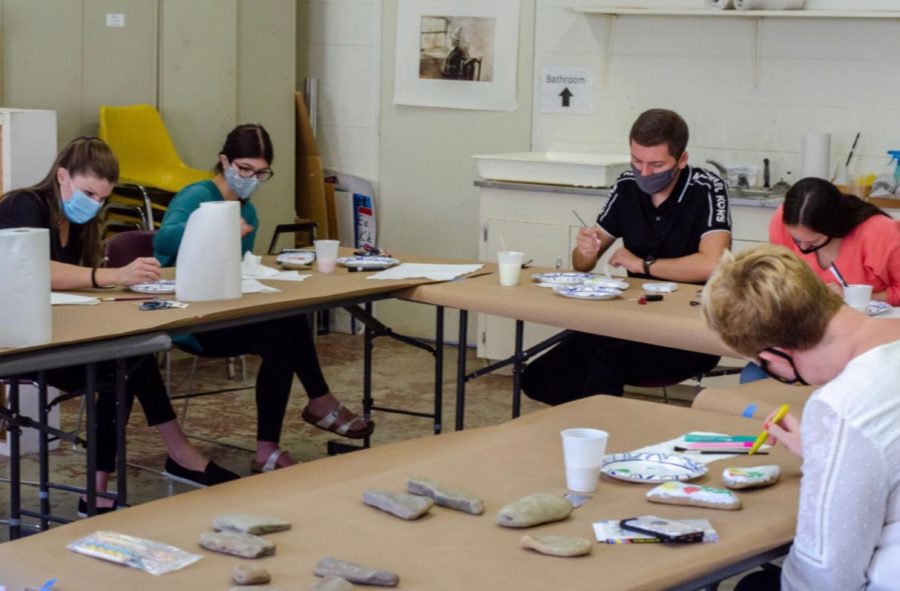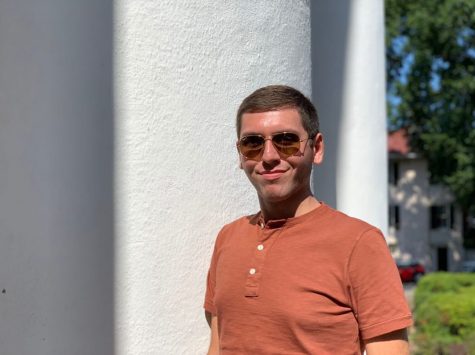Service-Learning Continues to be a Big Part of Campus Culture
“French 203 participating in rock painting at the Danville Museum of Fine Arts and History.”
October 29, 2020
As the fall 2020 semester has progressed, Averett University and the Center for Community Engagement and Career Competitiveness (CCECC) have seen an increase in service-learning projects. According to Dr. Billy Wooten, executive director of the center for community engagement and career competitiveness, despite the pandemic there are 33 projects this semester, more than in previous semesters.
“I must admit that I am absolutely shocked that faculty and students are willing to engage, but this shows how special our faculty and students are and just how committed Averett is to serving the community,” Wooten said.
The students are reaping the benefits. According to Kaysee Allen, a senior, she has discovered that completing a service-learning project during the COVID-19 pandemic has enhanced her interest in community service.
“It’s nice to be able to give back to the area around Averett in a time like this,” Allen said. “Service-learning along with the pandemic restrictions forced me to dive deeper into my creative senses.”
Wooten notes that Averett continues to be devoted to catalyzing its community as social change agents within the city of Danville and neighboring areas.
“Averett’s CCECC is committed to offering students and faculty experiences that allow them to utilize their skills to benefit our community partners and enhance their teaching and learning in the classroom,” Wooten said.
According to Wooten, the Service-learning pedagogy is designed to create course-based projects that get students out of the classroom and in the field to practice what the university teaches them. The projects range from developing media campaigns and planning events for nonprofits to conducting health and wellness checks in our most under-served communities.
In the French 203 course, Dr. Catherine Clark, assistant professor of English and French, recently conducted a service-learning project consisting of the class visiting the Danville Museum of Fine Arts and History once a week for one of the course’s designated class times. During the visits, the class recited Le Petit Prince and painted rocks to place in the museum’s historic rose garden.
According to Elsabe Dixon, executive director of the Danville Museum of Fine Arts and History, the French students brought a new level of excitement to the museum.
“The students painted beautiful French text onto the rocks that I know will add an exciting new touch to our rose garden,” Dixon said. “We, at the museum, thoroughly enjoyed having the students visit.”
Service-learning not only benefits the community, it benefits students as well. Dr. Susan Huckstep, associate professor of communication studies, believes that students enjoy the hands-on nature of service-learning.
“Service-learning helps students see that what they are learning is practical, and useful in a ‘real world’ situation,” Huckstep said.
Huckstep also believes that faculty should consider implementing a service-learning project into a doable course. “I think they will be very pleased by the way students respond to the experience,” Huckstep said.
According to Wooten, many professors worry that incorporating service-learning into a course to be a difficult task. However, Wooten believe it can be done, and the CCECC is there to help.
“It is easy to take an existing project and course and include elements that allow students to work in problem-solving ways with a community partner,” Wooten said.
For faculty interested in incorporating a service-learning project into a course, all are encouraged to contact Dr. Billy Wooten in the Center for Community Engagement and Career Competitiveness.


